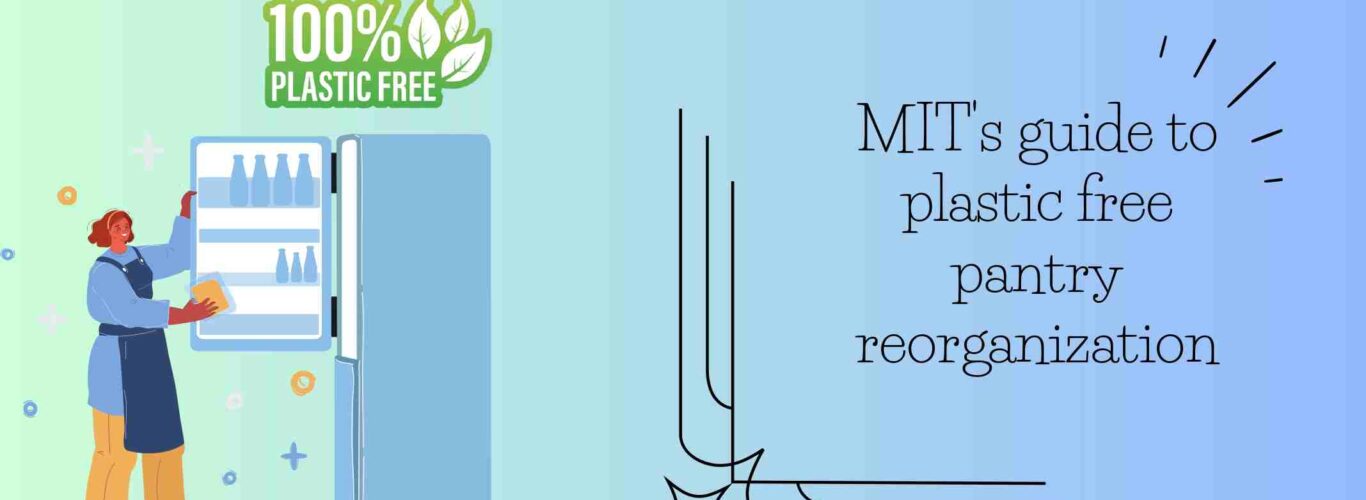In recent years, there has been a growing movement towards reducing plastic waste and promoting more sustainable practices in the food service and hospitality industry. Pantry service and pantry management are two related concepts that are often used in the context of food service and hospitality.
Pantry service refers to the provision of food and beverage items to guests in a hotel, restaurant, or other hospitality setting. This may include a variety of items, such as snacks, drinks, coffee, tea, and other refreshments. Pantry service may be offered as part of a larger food service operation or as a standalone service.
Pantry management, on the other hand, refers to the processes and systems that are put in place to manage the inventory, ordering, and stocking of pantry items. This may include tracking inventory levels, monitoring usage patterns, and placing orders for new items as needed. Effective pantry management can help ensure that guests always have access to the items they need, while also minimizing waste and reducing costs.
In summary, pantry service and pantry management are both important aspects of food service and hospitality, with pantry service focused on the provision of food and beverage items to guests, and pantry management focused on the behind-the-scenes processes and systems that enable this service to be provided efficiently and effectively.
Reducing plastic usage in your pantry is a great way to reduce your environmental impact and help keep plastic waste out of landfills and oceans. Here are some steps to guide you in reorganizing your pantry to be plastic-free:
Take stock of your current pantry: Go through your pantry and take stock of the items you have, paying attention to which items come in plastic packaging.
Make a list of plastic-free alternatives: Research plastic-free alternatives for the items you use frequently, such as glass jars for storing dry goods, reusable silicone bags for storing snacks and leftovers, and reusable beeswax wraps for wrapping food.
Purchase your plastic-free alternatives: Purchase the plastic-free alternatives that you need, and begin transferring your pantry items to the new containers.
Label your containers: Label your containers with the name of the item and the expiration date to keep track of what you have.
Store items in airtight containers: Use airtight containers to keep your food fresh and prevent pests from getting in.
Consider buying in bulk: Buying in bulk is a great way to reduce packaging waste, but make sure you bring your own reusable containers to the store.
Reduce food waste: Keep track of expiration dates and use up food before it goes bad to reduce food waste.
Recycle or repurpose plastic containers: Instead of throwing away plastic containers, consider repurposing them for other uses or recycling them if your local recycling program accepts them.
By following these steps, you can transform your pantry into a plastic-free space that is better for both you and the environment. MIT facility solutions does indeed offer plastic-free pantry reorganization services and other sustainable services. Encouraging sustainable practices and reducing plastic waste is important for creating a more environmentally-friendly future. When looking for a service or product, be sure to research the company’s sustainability practices and commitment to reducing plastic waste.





